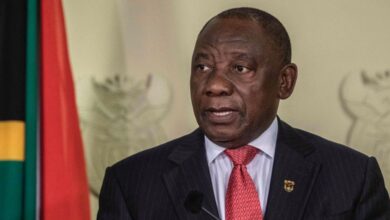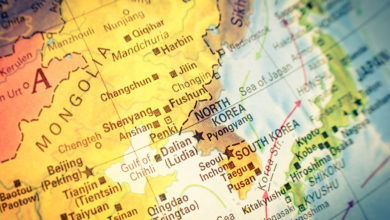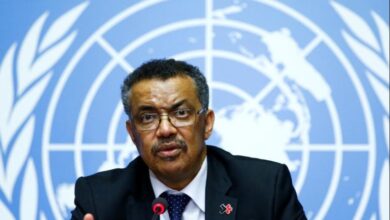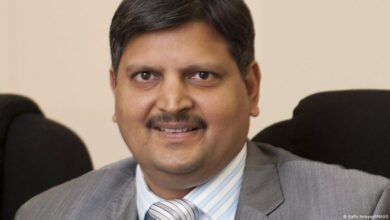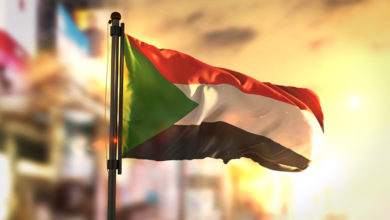Ivory CoastSouth AfricaWorld
South African, Ivory Coast Leaders Welcome Russia-Ukraine Grain Supply Agreement
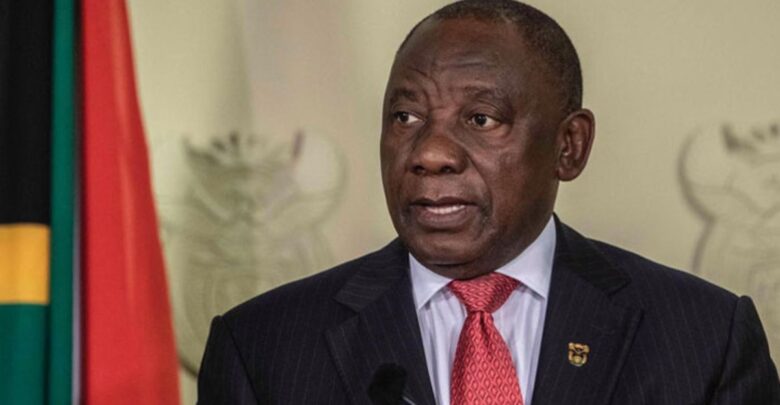
South African and Ivory Coast leaders on Friday lauded a deal signed by Russia and Ukraine that allows wheat and maize to be exported from Ukrainian ports, reported The Anadolu Agency.
This is the first major agreement involving the Russian and Ukrainian governments since the war between the countries began in February this year.
Notabvly, Russia and Ukraine are major global wheat suppliers, and the conflict between the two countries sent food prices soaring, stoking a global food crisis. The agreement is expected to bring down the high price of grain, and restore supplies to countries currently suffering food shortages.
While addressing a news conference in Pretoria along with his Ivorian counterpart, South African President Cyril Ramaphosa said he was particularly pleased to hear that UN chief Antonio Guterres will be going to Turkey to sign the agreement.
He said the food grain blockade had forced African leaders to seriously think about food supplies in the future.
“Our continued reliance on massive amounts of grains from that part of the world, should be seen as a risk and a real danger to African countries’ 1.3 billion people,” Ramaphosa said.
The South African president added that the conflict must be considered as a wake-up call for all those African countries which depends on fertilizers and grains from other countries. He stressed that Africa needs to be self-reliant and produce fertilizers for food production and feed its population of more than 1 billion.
Meanwhile, Ivory Coast President Alassane Ouattara, who is currently on a state visit to South Africa, insisted that Africa must be top of the list of grain recipients.
The Ivorian leader said he was pleased to know that Russian President Vladimir Putin had decided to sign the proposal, under the auspices of the UN and Turkey. He said he spoke to Ukrainian President Volodymyr Zelensky and requested that Africa be considered a priority once supplies resumed because of its social economic conditions.


